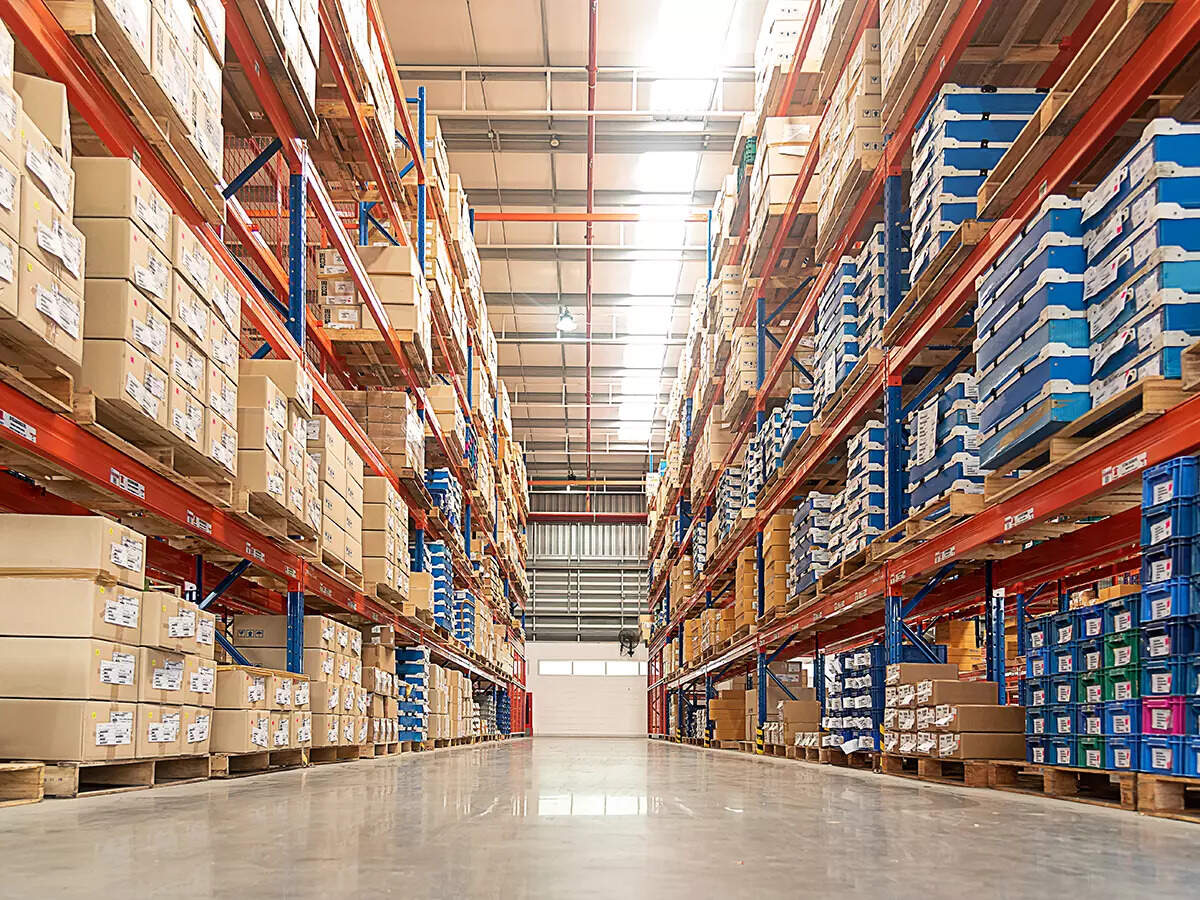
The industrial and logistics sector witnessed absorption of 49.4 mn sq ft, a 6.7% increase compared to the 46.3 mn sq ft absorption in 2022, according to Savills India.
Tier-I cities witnessed 75% of the absorption while tier II and III cities accounted for the remaining 25%. Tier II and III cities are growing significantly as sourcing hubs, aiding efficient distribution. The absorption is being led by a surge in demand from the manufacturing and retail sectors, as well as continued sustained demand from the 3PL sector.
“Fueled by rising domestic demand and expanding distribution networks in tier II and III cities, the industrial and logistics sector is on a growth path. We anticipate an absorption of over 56 mn sq. ft. in 2024, with a projected growth rate exceeding 13%, and a supply surpassing 71 mn sq. ft. in 2024, with a growth rate exceeding 14%,” said Srinivas N, Managing Director, Industrial and Logistics, Savills India.
The report suggests that the sector witnessed a fresh supply of 62 mn sq. ft. in 2023 of which 46.2 mn sq. ft. (75%) was from tier I cities and 15.8 mn sq. ft. (25%) from tier II and III cities. The surge in supply was due to the delivery of projects across the cities by major developers in response to growing demand.
The overall Grade A space accounted for 53% of the supply in 2023 up from 48% in 2022, while overall Grade A absorption accounted for 54% in 2023 up from 42% in 2022, indicating a significant increase in the supply and demand for graded and compliant buildings.
“The 3PL sector is expected to play a pivotal role, contributing over 40% to total absorption. The surge in supply chain outsourcing, coupled with increased manufacturing activity driven by government initiatives such as, Make in India and the PLI scheme, positions the manufacturing sector for robust leasing demand, with a projected contribution of over 30% to total absorption in 2024,” said Srinivas N.
The manufacturing sector has gained momentum due to increased activity, supported by various incentive schemes including the Production Linked Incentive Scheme (PLI). The PLI scheme in India encourages domestic manufacturing through financial incentives tied to increased local sales.
As a result, the manufacturing sector’s contribution to overall absorption has experienced impressive growth, increasing from 16% of total absorption in 2022 to 27% in 2023. This trend is likely to continue, with a projected contribution in excess of 30% to the total absorption in the next two years.
The 3PL sector leads this sector accounting for 39% contribution to total absorption in 2023. The contribution of the retail sector was 14%, while FMCD/FMCG accounted for 6%. The other sectors including cold storage, chemical storage, FTWZs, ICDs, and Urban Warehousing contribution was around 10%.
In 2023, Delhi-NCR remained at the top with the highest contribution of 22% to total supply, closely followed by Mumbai and Pune with 11% each. Bengaluru and Chennai witnessed a contribution of 10% and 9%, respectively to total supply and tier II and tier III cities together accounted for 22% of the total supply.
In terms of absorption, Delhi-NCR accounted for the highest contribution of 15% in 2023, followed by Mumbai at 14%, and Bengaluru and Pune, each at 12%.
In 2023, the market witnessed the acquisition of in excess of 1,950 acres of private land by manufacturing and warehousing players across the country.
India’s warehousing revolution was orchestrated by the e-commerce industry; this segment has transformed the warehousing sector from a basic backend storage facility into a versatile and cutting-edge modern complex by prioritizing & enhancing operational efficiency including large investments into Robotics, Sortation, WMS services and upgraded racking & shelving systems.
The e-Commerce sector is adopting new business models, driving exponential growth in cities like Patna, Ranchi, Lucknow, Guwahati, Rajpura, Ambala and beyond amplifying their urban distribution and extending their reach to tier II & III cities. We expect e-Commerce sector contribution is set to surpass 12 to 15 million sq. ft. between 2025 and 2030 with a significant portion originating from tier II & III cities.
The changing occupier preferences to meet ESG (Environmental, Social, and Governance) standards are likely to drive demand for Grade A warehousing and ready-fitted-out factory space. Over the last 2-3 years, Grade A space has contributed to more than 40% of the total absorption and is likely to witness a substantial surge in the future.
Rental values are expected to increase marginally across the cities for compliant buildings in 2024. The magnitude of growth will be in the range of 2% to 6% depending on the location and city.

